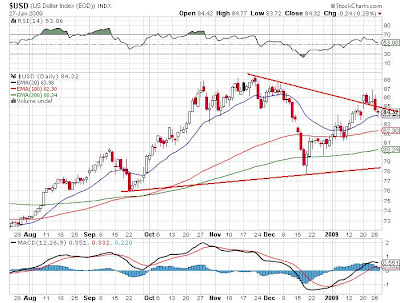>> Bernanke Created Half of 234 Years’ Worth of Money Supply
From the BigPicture:
“The U.S. turned 234 years old yesterday, and yet over half of the nation’s money supply was created since Helicopter Ben took over the flight controls four years ago. No wonder gold is in a full fledged bull market . . .”
-David A. Rosenberg Chief Economist & Strategist
Gluskin Sheff + Associates Inc.
Labels: Credit Crunch, Depression, Gold, Historical Posts, US Dollar










